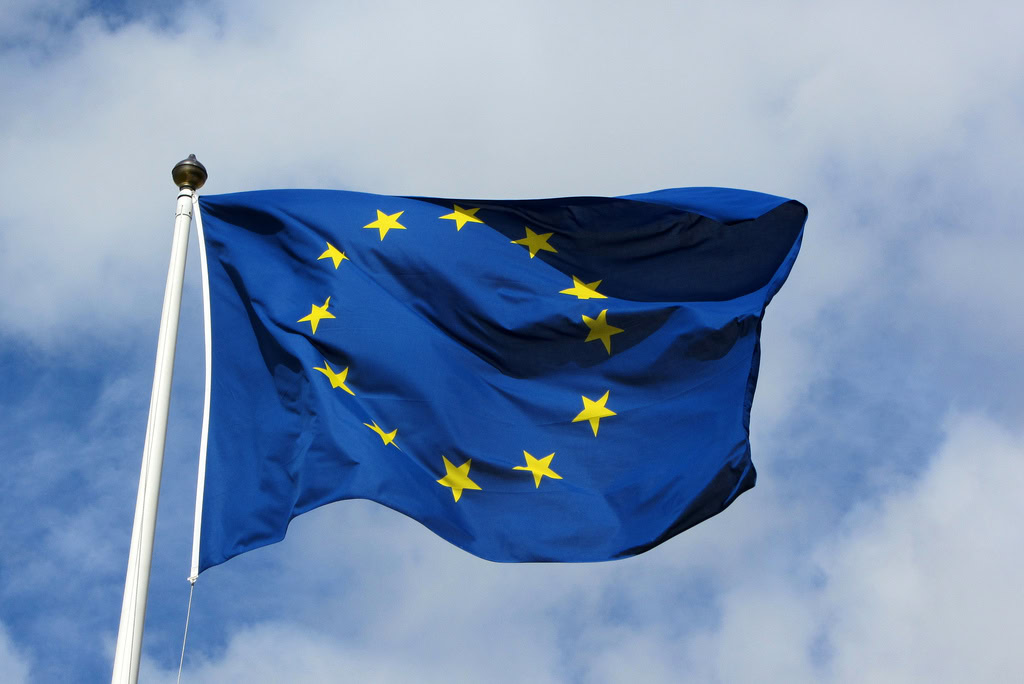Affiliate links on Android Authority may earn us a commission. Learn more.
Roaming charges to be scrapped in the EU

The European Commission has been gradually chipping away at data roaming costs within the European Union and has now decided to abolish roaming charges on the continent on June 15th 2017.
The new rules state that customers on EU based operators will pay the same amount across the Union as they do in their home country. However, there was potential for an exploit here, whereby customers in one country could buy a cheaper SIM deal from abroad in order to achieve cheaper rates. To combat this issue, the Commission has ruled that there will be a limit to the amount of roaming data and calls that are free before a carrier can begin charging any additional fees.
When travelling in the EU, mobile phone users will pay the same price as at home
Carriers will be limited to charging customers a maximum of €0.20 per MB, €0.06 per SMS and €0.05 per minute when roaming abroad, which is about 75 percent cheaper than the current cap.
Online content will not be unfairly blocked or slowed down anymore, and paid prioritisation will not be allowed
However, blocks in the name of network security and combating child pornography are exempt. It will be interesting to see how this affects some national government efforts to block access to video and torrent sharing websites.
Internet “fast lanes” have also been ruled out, with the exception of parts of a network reserved for higher quality “innovative services” and Internet TV, so long as these don’t affect other people’s access to regular internet services.
The rules still have to be put into writing, signed off on by the European Parliament and Council, and then translated into all the various languages, which is partly why these rules are going to take a bit of time to implement. Still, I’m sure an end to data roaming charges and increased internet neutrality protection will be well received when they finally arrive.